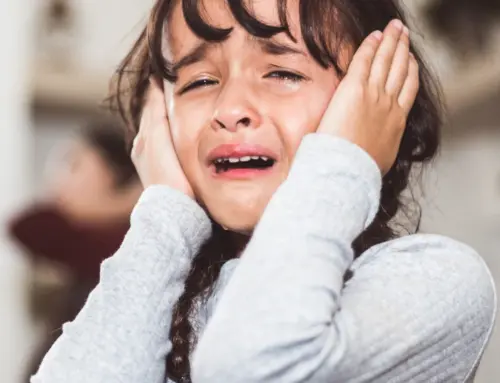Obsessive-compulsive disorder, or OCD, is a type of anxiety disorder that affects both thoughts and behaviors. OCD can begin with requiring things to be neat and orderly, even perfectionistic, but it may also become a deeper issue which makes it hard to conduct activities of daily living.
Symptoms of OCD
OCD symptoms include a specific type of unwanted thoughts, calling obsessions, and a set of behaviors, called compulsions, that people with OCD feel they must do to manage anxiety. Anxiety is at the root of both obsessions and compulsions. These obsessions and compulsions may include:
- Unwanted, uncontrollable thoughts
- Often with at theme including fear of being dirty or full of germs
- May focus on needing symmetry and mathematical organization
- Are upsetting or distressing
- Behaviors that try to make obsessive thoughts stop
- Often related to obsessions, including thoughts about contamination that lead to hand-washing compulsively
- Brief relief of anxiety by engaging in the compulsive activity. Then the anxiety builds and so does the need to engage in the compulsive behavior again
- OCD causes more distress as it becomes obvious to loved ones, family members, and friends
While many people experience some mild obsessions or compulsions during times of increased stress, OCD is not the same as having an offbeat habit. An important part of the OCD definition used by clinical professionals has to do with the degree of interference in normal life activities that the obsessions and compulsions cause. Diagnosi for OCD requires a significant disruption of daily activities for the person. This may require up to at least one hour of compulsively doing the activity each day.
Treatment Options
There are many complexities in treating this disorder, which is often diagnosable by a primary care physician. It may require psychiatric help as well. Treatments may include:
- Medications including antidepressants
- Psychotherapy (CBT) as a type of talk therapy in which a person learns to control their thoughts. Learning about the relationship among thoughts, emotions, and behaviors will help a person learn practical ways to control thoughts. Medication can be helpful in combination with CBT and other therapeutic techniques.
The Springboard Center’s addiction treatment programs are tailored to meet the needs of each client. By utilizing a set of diverse methods of addiction treatment, we are able to deal with your addiction from all angles and concentrate on every aspect of your healing process. It is important to recognize that many of our services offer a group setting and environment, so that the client spends time with other people affected by the same chronic disease and problems. 432-620-0255




